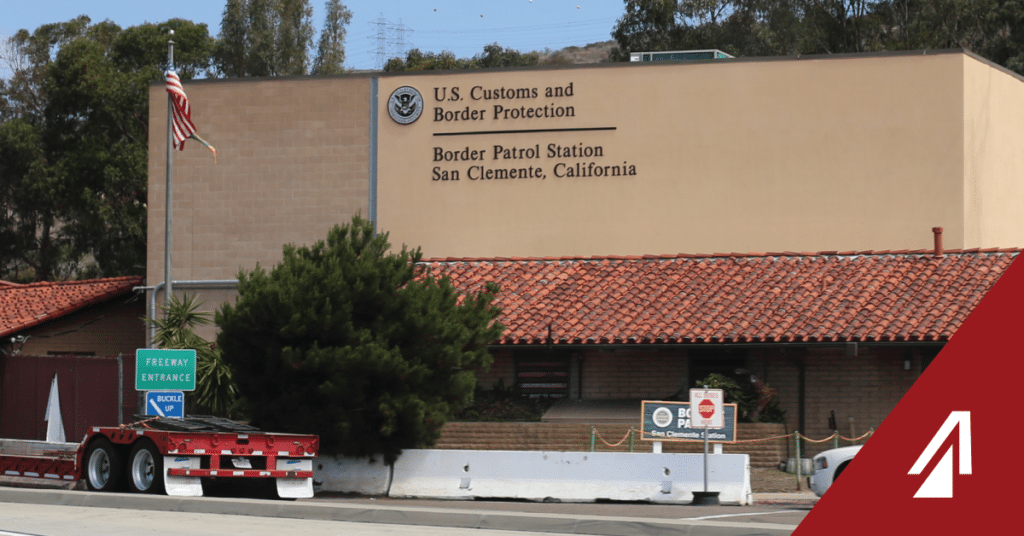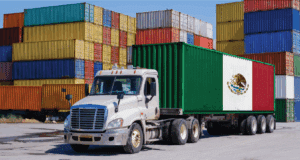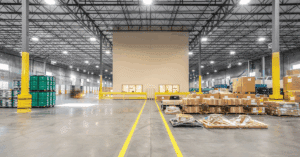Understanding and complying with customs regulations is essential for ensuring smooth international shipping. With global markets becoming increasingly interconnected, businesses must grasp various customs requirements to avoid delays and streamline their operations.
Understanding Customs Regulations
Customs regulations vary significantly across different countries, each with its own set of rules and documentation requirements. Businesses must stay informed about these regulations and understand how they apply to their specific goods and destinations to ensure smooth international shipping. The required adherence involves regularly reviewing updates to customs laws and working closely with knowledgeable customs brokers.
Importance of Accurate Documentation
Accurate documentation is a cornerstone of customs compliance. Incomplete or incorrect paperwork can lead to delays, fines, or even the seizure of goods at the border. Key documents include commercial invoices, packing lists, certificates of origin, and any necessary licenses or permits. Ensuring all information is accurate, complete, and consistent across all documents helps prevent issues during customs clearance.
Tips for Ensuring Compliance
- Stay Informed: Review updates to customs regulations in your target markets regularly. Subscribe to industry newsletters, participate in trade associations, and consult with customs experts to stay ahead of changes.
- Train Your Team: Ensure your logistics and shipping teams are well-versed in customs procedures. Regular training sessions can help them stay updated on the latest requirements and best practices.
- Use Technology: Leverage software solutions that automate documentation and compliance checks. These tools can help identify potential issues before they cause delays and ensure that all paperwork is in order.
- Work with Experts: Partner with experienced customs brokers who understand the intricacies of international trade. Their expertise can help understand complex regulations and ensure smooth customs clearance.
Avoiding Delays at Borders
Delays at borders can disrupt supply chains and lead to increased costs. To minimize the risk of delays:
- Pre-Clearance Programs: Participate in customs pre-clearance programs where available. These programs allow goods to be cleared at the point of origin, reducing wait times at the border.
- Proper Classification: Ensure your goods are correctly classified under the Harmonized System (HS) codes. Accurate classification helps avoid unnecessary inspections and delays.
- Risk Management: Implement a risk management strategy that includes regular audits of your customs processes and documentation. Identifying and addressing potential risks early on can prevent costly delays.
Establishing Expertise in Customs Compliance
By establishing expertise in customs compliance, businesses can position themselves as trusted partners in international trade. This capability involves demonstrating a deep understanding of customs regulations, maintaining a track record of successful shipments, and offering clients peace of mind, knowing their goods will be handled efficiently.
Understanding the complexities of customs regulations is crucial for ensuring smooth international shipping. Businesses can achieve compliance and avoid delays at borders by staying informed, training their teams, leveraging technology, and partnering with experts. Establishing expertise in customs procedures not only eases the burden of international trade for clients but also enhances your reputation as a reliable logistics partner.
Simplify your international shipping process by partnering with ProTrans. Our expertise in customs compliance, particularly across the US-Mexico border, ensures that your goods will move smoothly to, from, and within North America. Contact us today to learn more about our comprehensive customs services and how we can support your global trade operations with minimized delays and maximum efficiency.



